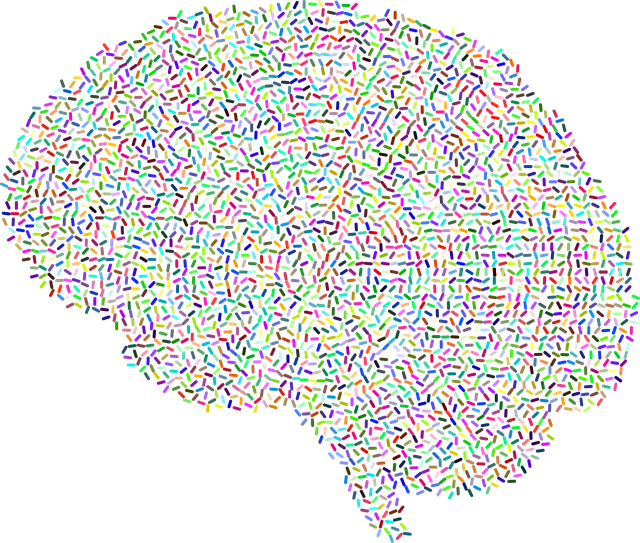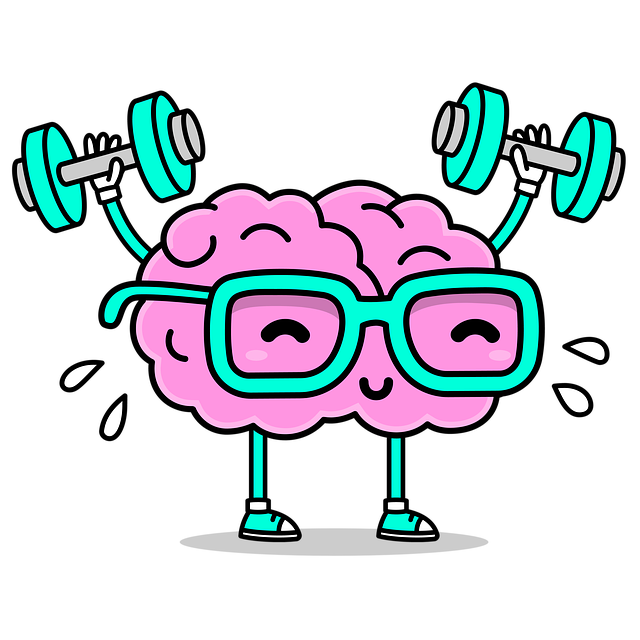In a fast-paced world, mental wellness is a paramount concern, especially for cancer patients, driving demand for innovative solutions like Broomfield Cancer Issues Therapy (BCIT). BCIT offers digital therapy apps integrating mindfulness, positive thinking, and mood tracking to enhance patient journeys. These apps provide accessible self-care practices, building inner strength and confidence during cancer fights and recovery, improving mental resilience holistically. Key features include progress tracking, side effect management, coaching, support groups, forums, check-ins, medication reminders, and educational resources. User-centric design, evidence-based practices, and community elements ensure tailored support, aligning with Mental Health Awareness goals.
In today’s fast-paced world, mental wellness is more crucial than ever. This article explores the development of mental wellness apps, focusing on how customized digital solutions can address growing needs. We delve into the significance of understanding mental health in our modern landscape and highlight the demand for innovative tools like the Broomfield Cancer Issues Therapy app. By examining key features and the development process, we provide insights into creating effective mental wellness resources.
- Understanding Mental Health and Wellness in Today's World
- Identifying the Need for Customized Therapy Apps
- Key Features and Functionality of a Broomfield Cancer Issues Therapy App
- Development Process and Considerations for Effective Mental Wellness Apps
Understanding Mental Health and Wellness in Today's World

In today’s fast-paced and often stressful world, mental wellness has emerged as a paramount concern, transcending age, gender, and cultural boundaries. Understanding mental health involves acknowledging the intricate interplay between our thoughts, emotions, and behaviors, especially in the face of contemporary challenges such as Broomfield cancer issues therapy, where holistic support is essential. The quest for optimal mental well-being necessitates a nuanced approach that accounts for individual differences and societal influences, including the growing recognition of trauma support services and cultural sensitivity in mental healthcare practice.
Beyond this, addressing the pervasive stigma associated with mental illness is paramount. Through concerted efforts focused on mental illness stigma reduction, we foster an environment where individuals feel empowered to seek help without fear of judgment or discrimination. This broader context underscores the need for innovative solutions like digital applications that cater to diverse needs, ensuring accessibility and effectiveness in promoting mental wellness and mitigating risks associated with unaddressed mental health issues.
Identifying the Need for Customized Therapy Apps

In today’s fast-paced world, mental wellness is a growing concern, especially for those facing chronic conditions like cancer. Broomfield Cancer Issues Therapy highlights the pressing need for innovative solutions that cater to the unique challenges patients encounter during and post-treatment. Customized therapy apps emerge as a powerful tool to address these issues, offering tailored support for emotional well-being. By integrating features such as mindfulness exercises, positive thinking techniques, and tools for tracking mood and symptoms, these applications aim to enhance the patient journey.
The demand for personalized solutions is evident, as individuals seek ways to build inner strength and boost confidence during their cancer fight and recovery. These apps provide accessible and discreet means to engage in self-care practices, potentially improving overall mental resilience. With a focus on user-specific needs, therapy apps can offer a holistic approach to wellness, ensuring patients feel empowered and supported throughout their health journey.
Key Features and Functionality of a Broomfield Cancer Issues Therapy App

A Broomfield Cancer Issues Therapy app should be designed with a user-centric approach, prioritizing features that cater to the specific needs and challenges faced by individuals dealing with cancer. Key functionalities include personalized treatment plans, accessible and interactive therapy sessions, and tools for tracking progress and managing side effects. Users can benefit from mental wellness coaching programs integrated within the app, offering coping strategies and stress management techniques to prevent burnout.
Furthermore, the app could facilitate support groups and forums where users share their experiences and offer encouragement, contributing to stigma reduction efforts around mental illness. Regular check-ins, reminders for medication, and educational resources on cancer care would enhance its effectiveness as a comprehensive Broomfield Cancer Issues Therapy solution.
Development Process and Considerations for Effective Mental Wellness Apps

The development process for mental wellness apps involves several key considerations to ensure their effectiveness and positive impact on users’ well-being. Firstly, understanding the specific needs and challenges associated with various mental health conditions is paramount. This includes researching and incorporating evidence-based practices and therapies, such as cognitive-behavioural therapy (CBT) techniques or mindfulness exercises, which have proven benefits in treating common issues like anxiety and depression.
Additionally, app developers must consider user experience design to create intuitive interfaces that foster engagement and encourage consistent use. Incorporating features for tracking progress, setting personalized goals, and providing timely reminders can enhance motivation and improve mood management skills. Integrating community outreach program implementations, such as peer support forums or social groups, can also offer a sense of belonging and connection, addressing the importance of Mental Health Awareness and promoting positive mental wellness.
The development of mental wellness apps, such as the Broomfield Cancer Issues Therapy app, presents a promising avenue to address growing mental health concerns. By leveraging technology and personalized therapy, these applications offer accessible and effective support for individuals seeking mental well-being. Understanding the unique needs of users and incorporating evidence-based practices are key to creating impactful solutions. The development process must prioritize user experience, data security, and regular updates to ensure apps remain relevant and beneficial in today’s digital landscape.














